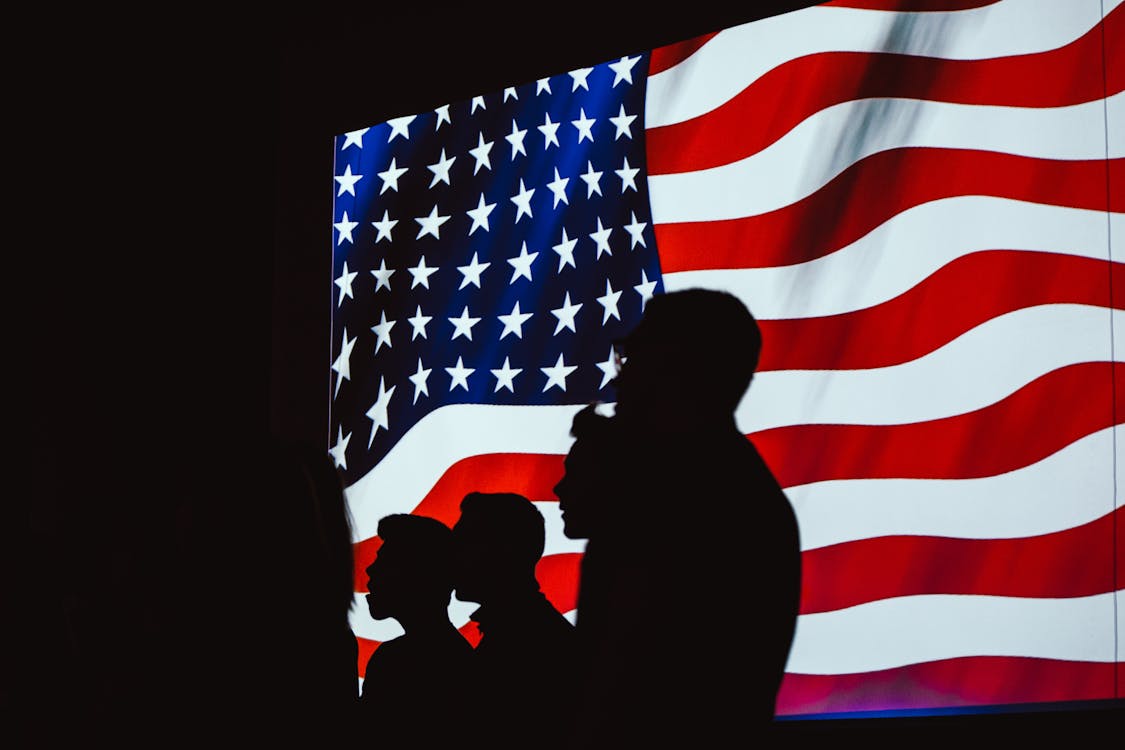
Pop superstar Taylor Swift has thrown her considerable influence behind Vice President Kamala Harris and Minnesota Governor Tim Walz in the 2024 Presidential Election, making waves not just for her endorsements but for her staunch condemnation of AI-generated misinformation. In an Instagram post today, September 11, Swift directly criticized the Trump campaign for using AI to fabricate her support for the former president, calling attention to the dangers of digital deception in modern politics.
Swift’s Public Endorsement
Swift, who has increasingly become a political voice, did not mince words when she announced her decision to vote for Harris and Walz. Describing Harris as a “steady-handed, gifted leader” and praising Walz for his commitment to LGBTQ+ rights and women’s reproductive freedom, Swift made it clear where she stands in the 2024 election.
Her post, which quickly went viral, also included a sharp rebuke of AI technology being used to distort the truth.
“Recently, I was made aware that AI of ‘me’ falsely endorsing Donald Trump’s presidential run was posted to his site. It really conjured up my fears around AI, and the dangers of spreading misinformation,” Swift wrote, urging her fans to do their research and make informed decisions at the ballot box.
View this post on Instagram
The AI Misinformation Scandal
The controversy surrounding Swift’s remarks began when former President Donald Trump posted AI-generated images on his social media platform, Truth Social. These images falsely depicted Swift as a Trump supporter, with one showing women in “Swifties for Trump” T-shirts and another doctored to look like a propaganda poster with Swift in an Uncle Sam costume.
The images were quickly debunked as fakes, but not before they had been shared widely, creating confusion and drawing criticism from both Swift’s fanbase and digital ethics experts.
The Bigger Picture: AI’s Role in Modern Elections
As AI technology becomes more sophisticated, the line between truth and deception is becoming increasingly blurred. The Trump campaign’s use of AI to create false narratives is just one example of how this technology can be weaponized to mislead voters and distort reality.
While social media platforms like X have policies against synthetic media, enforcement is inconsistent. This lack of regulation creates fertile ground for the spread of misinformation, particularly in high-stakes environments like political campaigns. The urgency of the situation is compounded by the fact that current federal election laws are not equipped to deal with the rapid advancements in AI, leaving voters vulnerable to digital manipulation.
The Urgent Need for Regulation
Swift’s post has sparked renewed calls for stronger regulations on AI-generated content, particularly in the context of elections. While some states have begun to legislate against deepfakes, these laws are often narrow in scope and difficult to enforce. Critics argue that the existing legal framework is woefully inadequate for the challenges posed by AI.
Robert Weissman, co-president of Public Citizen, noted that Trump’s use of AI-generated images might not fall under current laws because they were not designed to deceive a reasonable person—a loophole that could allow such tactics to continue unchecked. However, Swift could potentially pursue legal action under California’s Right of Publicity, which protects against the unauthorized use of a person’s likeness.
Looking Ahead
As the 2024 election heats up, the debate over AI’s role in politics is likely to intensify. Taylor Swift’s high-profile condemnation of AI-driven misinformation has brought much-needed attention to this critical issue.
But beyond raising awareness, her comments have also highlighted the need for concrete action to protect the integrity of our democratic processes.
In a digital age where a few keystrokes can generate convincing, yet entirely false, content, the truth is more important—and more vulnerable—than ever. Swift’s message to her followers is clear: In a world increasingly shaped by AI, vigilance and transparency are our best defenses against deception.



















